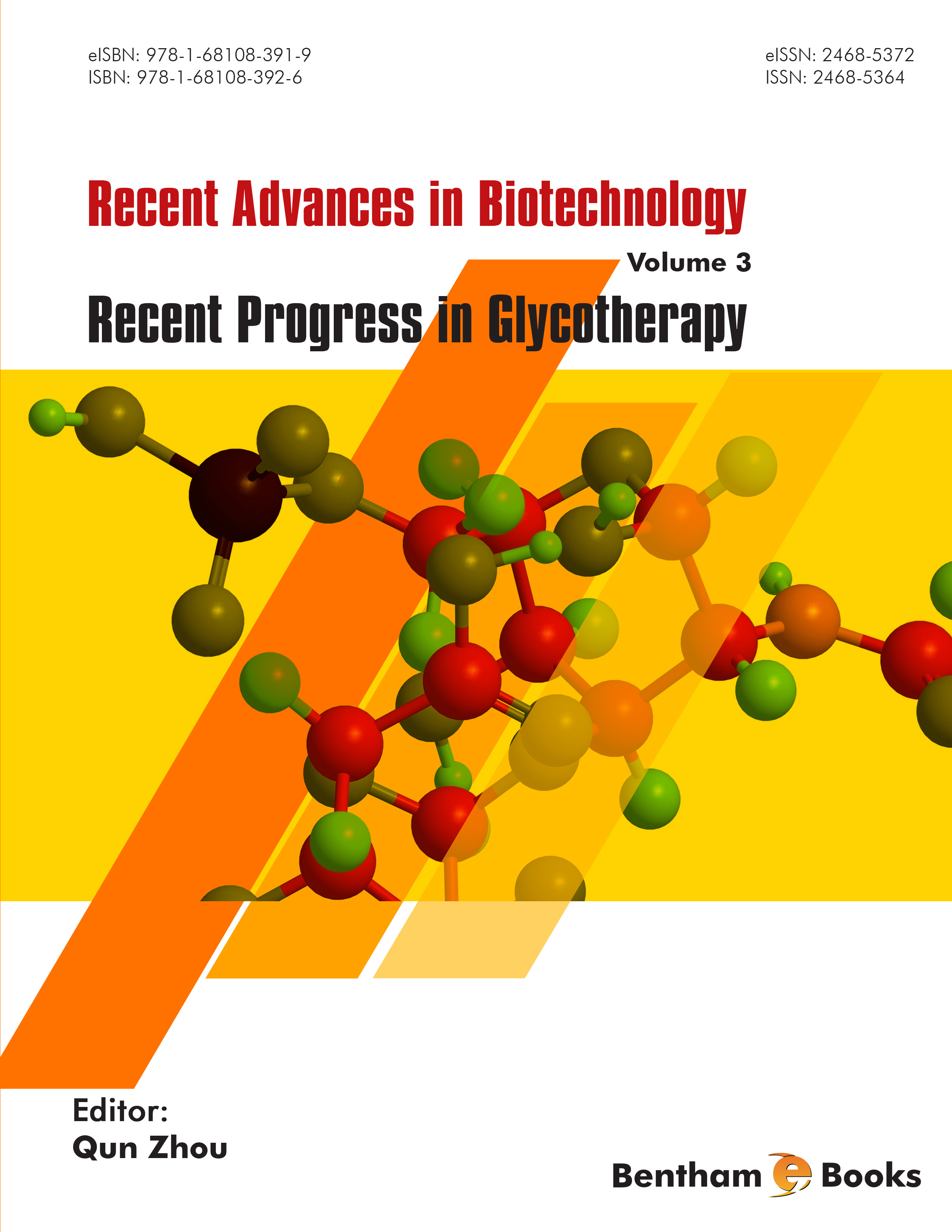Preface
There are many therapies being developed through biotechnology for treating diseases. They include protein therapy, gene therapy, cell therapy, and glycotherapy. As one of the important disease treatment approaches, glycotherapy provides solution for some unmet medical needs using glycoengineering. It has been used in clinics for decades.
Heparin, a glycosaminoglycan and blood thinner, acts as an anticoagulant and is one of World Health Organization's lists of essential medicines. The sialic acid analogues, oseltamivir and zanamivir, are widely used anti-influenza drugs. Polysaccharide vaccines including Menactra, Prevnar, and Typhim Vi, have been used to stimulate immunity against infection. In addition to therapy using sugar or sugar analogues, therapeutic proteins, such as darbepoetin alfa and imiglucerase, are also generated using glycoengineering in vivo or in vitro to enhance therapeutic index.
During the last two decades, significant progress has been made in glycotherapy with glycoengineering and glycan mimics although there are many challenges. The glycans are chemoenzymatically modified or conjugated to small molecular weight drugs, proteins, and nucleic acids for increasing pharmacokinetics and pharmacodynamics. Although there is an excellent review published recently by Hudak and Bertozzi (Chemistry & Biology 2014), glycotherapy has not been extensively appreciated in books and unknown to many readers outside this particular field. The current book attempts to fill the gap and provide more recent information related to the exciting progress in this important area of biotechnology.
The book includes reviews on glycotherapy which focus on modification of protein or small molecular weight drug using recombinant and chemoenzymatic approaches. The progress on bioconjugation of glycan using hydrophilic polymers is also covered.
Chapters 1 and 2 focus on the development of vaccines and antibodies against tumor-associated carbohydrate antigen for cancer treatment, as well as the use of glycan for viral inhibition. Chapters 3 and 4 describe the progress in glycoPEGylation and hyaluronic acid conjugation for increasing therapeutic index in treating diseases. The glycoengineering of therapeutic proteins is reviewed in chapters 5, 6 and 7. They provide overviews of recent advances in modification of glycans in proteins or antibodies using recombinant, chemoenzymatic or bioconjugation methods.
Although only a few topics of glycotherapy are being reviewed here, this book aims to provide readers with overview of the researches which have been actively pursued during recent years. We expect to have more excellent books or reviews on this important therapeutic area in the future.
Qun Zhou
Protein Engineering
Global BioTherapeutics, Sanofi, Framingham
Massachusetts 01701
United States





